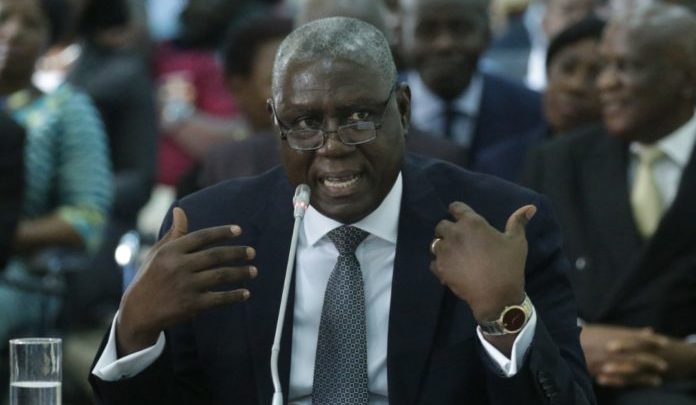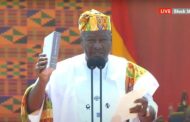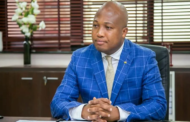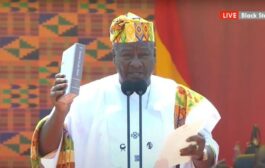Chief Justice Kwasi Anin Yeboah has revealed that Ghana has less than 404 judges and magistrates administering justice for over 30.8million citizens.
He urged judges to advise litigants in some cases to seek redress using the Alternative Dispute Resolution system to lessen the burden on the courts and called on judges and magistrates to avoid adjournments that were not sought on legal grounds and accumulation of several part-heard cases.
Chief Justice Yeboah said this at the 40th Annual General Meeting (AGM) of the Association of Magistrates and Judges of Ghana (AMJG) in Accra on the theme: “The Quandary of the Judge in the Digital World.”
Ghana’s legal system was built on a foundation of received Anglo-Saxon common law, statutory law, and other documents, such as those heralding the legal existence of various military regimes.
In addition to this received and imposed law, there is an enduring body of largely unwritten customary usages and practices that still are a contextual feature of the modem legal system of Ghana.
The equality of all persons before the law and their freedom to enforce their rights and liberties in a Court of Law is guaranteed under the Constitution.
The independence of the Judiciary from the Executive and the Legislature is entrenched in the Constitution.
The Judiciary is the branch of government given authority to interpret, apply and enforce the laws of Ghana.
The Judiciary shall be made up of the Supreme Court, the Court of Appeal, High Court and Regional Tribunals and such Lower Courts and Tribunals as Parliament may establish and shall have the Chief Justice as the Head, who shall be responsible for its administration and supervision. The amendment of the Courts Act (Act 620) 2002 abolishes community and Circuit Tribunals and re-establishes the Circuit and Magistrate Courts.
Source: Mybrytfmonline.com



















































